The Heart That Pumps Water
Pat McCarthy is a well known New Zealand journalist and former editor of NZ Catholic newspaper. Fr Paul Finlayson, featured in the article is a New Zealander, ordained in 1975. He has spent most of his life as a Columban priest in Mindanao.
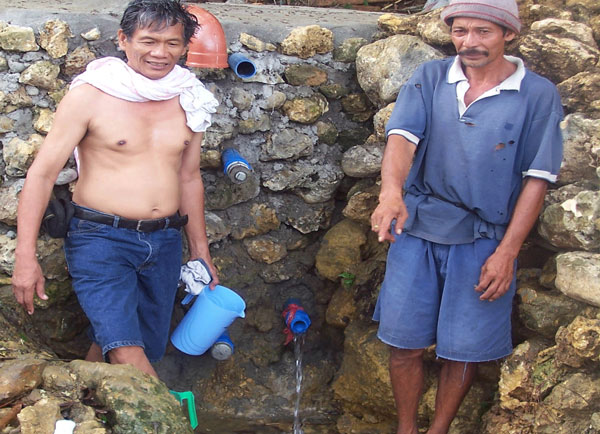
Three rivers flow down the slopes of Mt Pinukis, their waters giving life to rice and corn crops, and fish farms in the surrounding bays.
To the Subanen tribe of Western Mindanao in the Philippines, this dormant volcano is their sacred mountain. To mining companies, it is a potential supply of iron ore, manganese and gold.
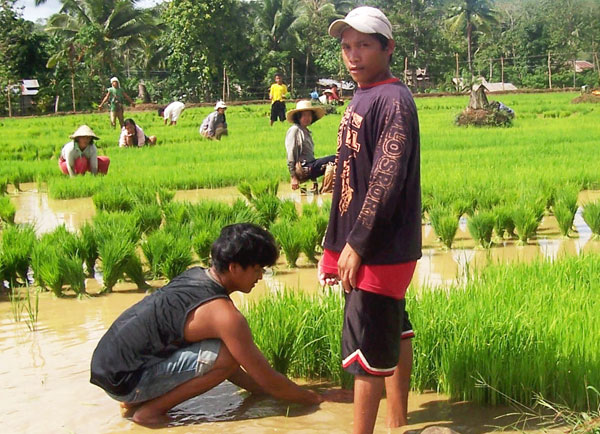
To Fr Paul Finlayson, a Columban missionary in the Philippines for most of the last 34 years, opencast mining on Mt Pinukis would be like cutting into the heart of Western Mindanao - the heart that pumps water for four million people in three provinces, providing a livelihood for them and future generations.
For Catholics, even the sacraments are integrated into this environment. Water for Baptism comes from the irrigation canals; oil for anointing and Baptism comes from the forests.
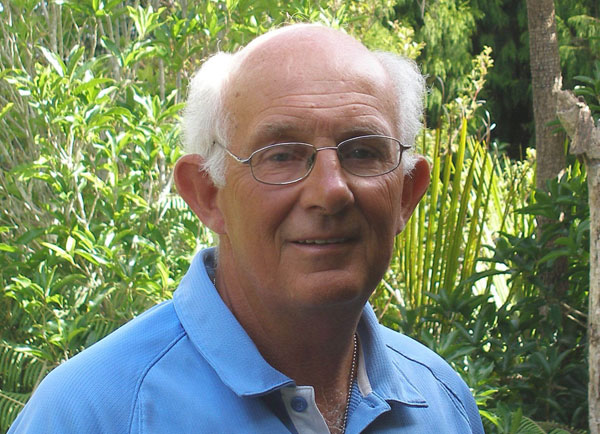
Interviewed shortly before returning to the Philippines after almost two years home in New Zealand, the quiet-spoken Columban admitted he is passionate about creation and protecting the environment.
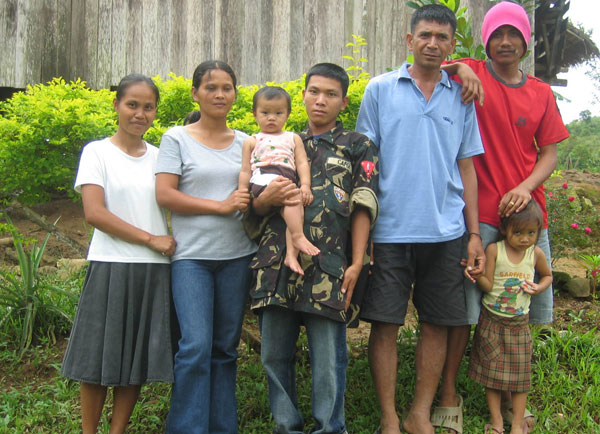
An outdoors man who grew up with beach and farm holidays, tramping, canoeing and planting trees, he gained 'a sense of creation and a sense of the forests, rivers and mountains'.
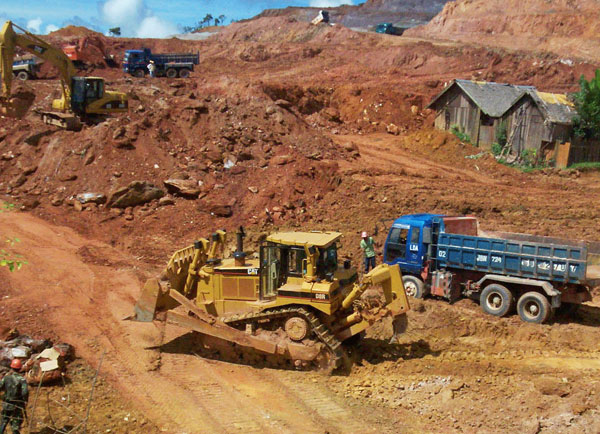
'My charism,' he said, 'is I like the land and the soil and plants and farmers.'
For his most recent six years in Western Mindanao, Fr Paul was the only priest in San Jose parish, Midsalip, with 15,000 parishioners.
'One of the key parts of being in that parish was protecting the environment,' he said. 'The Philippines' population is now 93 or 94 million and probably by the year 2020 it might be 125 million, so protecting food resources is key.'
Unfortunately, Father Paul said, the Philippine government sees mining the
country's rich mineral resources as the way to economic recovery, on the model
of Chile in Latin America.
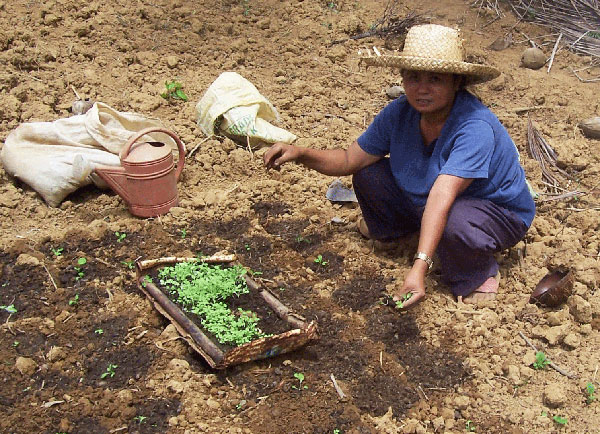
Father Paul said mining companies break existing tribal structures, using bribes to set up their own tribal leaders who will agree to mining. And while the Department of the Environment and Natural Resources is responsible for protecting the environment, it is also responsible for facilitating mining.
He said that once the mining companies got the minerals they wanted, they would disappear. 'The indigenous people would have to evacuate and become ecological or environmental evacuees because their land could no longer support farming and water would be gone.'
Opposition to mining is multi-faceted.
Submissions to government departments, senators and United Nations bodies point out that mining projects are ecologically unsustainable. Networking connects environmentalists, university personnel and sympathetic government employees.
Videos of mining experiences in other parts of the country are shown to local communities. Local people are taken to visit areas that have been mined, to learn first-hand the effects on water systems, crops, fishing and children's health.
A major development followed a 2006 visit by the British MP Clare Short on a fact-finding mission.
'She came twice to Midsalip,' said Father Paul. 'She said to me, "What can I do to be of help to you in this area?"
'I said to her, "I want to do a spatial mapping of the area and if you can help that would be a great contribution".'
Two world-ranking environmental experts, Robert Goodland and Clive Wicks, arrived. Their 273-page report entitled Philippines: Mining or Food?, incorporating spatial mapping by satellites, was published in 2008.
'They said if we could stop the mining our irrigation system for the rice would have water for the next thousand years, but if the mining began we would have water for only seven years,' Father Paul noted.
The authors acknowledged the courage of Catholic 'bishops, priests, sisters and pastoral workers' in opposing the destruction caused by mining.
Father Paul said mining companies employ paramilitary forces to protect their operations.
He didn't want to talk about any personal threat - 'A lot of people are more
vulnerable than I am' - but acknowledged he continually changed the time he
went out on his motorbike.
'Definitely, the people who oppose mining have been under threat and have suffered
consequences. Some of the tribal leaders have been killed.'
As for his own attitude to mining, Father Paul said: 'If you would say I am anti-mining, I would say I am anti-mining in key resource areas because a lot of the areas of biodiversity and mountain ranges are key to the food chain. My personal opinion is that I don't think mining is the way forward in the Philippines. If we were mining there would be a certain amount of dollars that would be coming in, but in the long term economically it is a bad decision.'
Father Paul said his outlook has been particularly influenced by two ecological theologians, American Fr Thomas Berry CP and Australian Fr Denis Edwards.
He also spoke highly of Pope Benedict XVI's World Day of Peace message issued for 1 January 2010 with the heading: 'If you want to cultivate peace, protect creation.'
'I was happy to see his strong stance in terms of our responsibility in our moral and ethical position in terms of future generations. They have a right to the resources,' he said.
'He also mentions the emphasis on creation as being God's gift to all peoples and through the gifts we have a sense of God's care and God's love for us through that creation.
'I would say more so, that the creation is also really the basic sacrament that gives meaning to all the other sacraments - sacraments in the Church like Reconciliation, and not only reconciliation within the family and within the communities or within our different cultures, but also religious traditions, and our reconciliation with the Earth.'